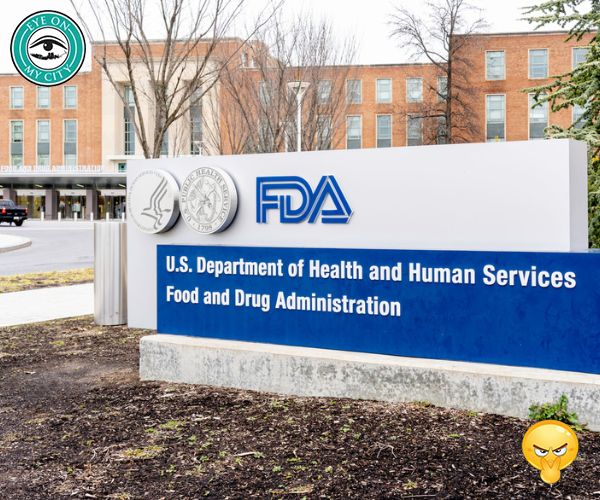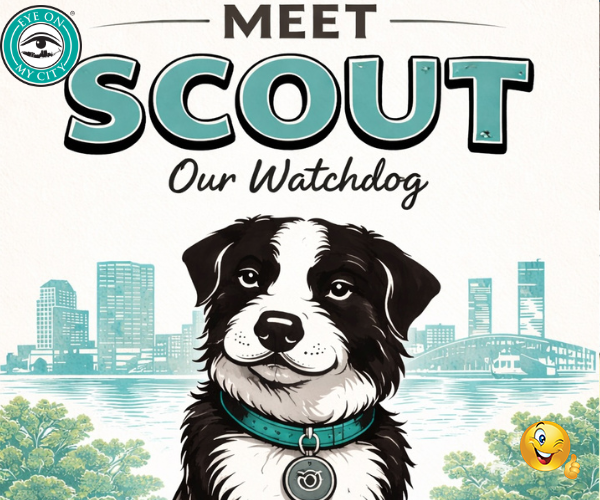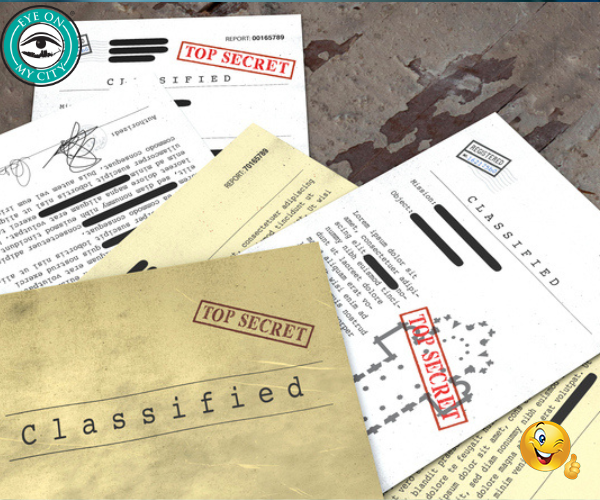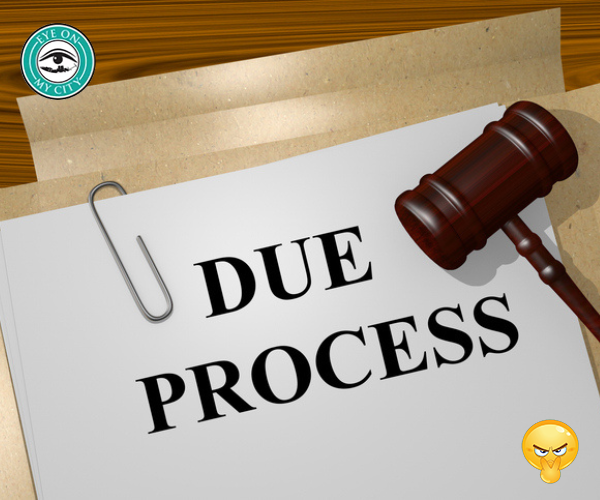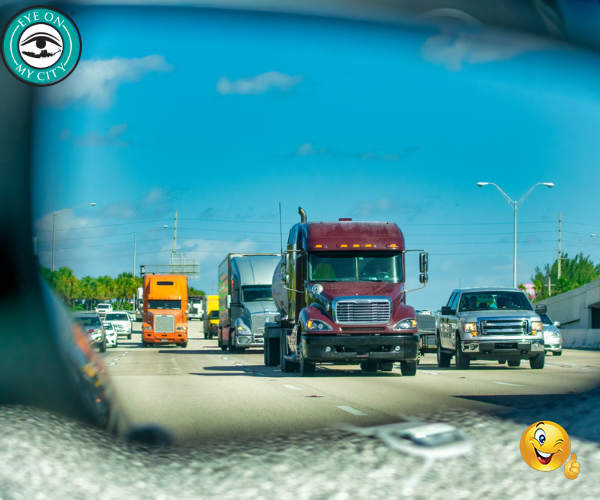Sadie Johnson is a mother of three small children who has been feeling the effects of inflation. She was in CVS and needed to purchase cough medicine for her three-year-old child.
Sadie was pleased to see the familiar CVS store brand label and was happy to save a few dollars and purchase a quality product. Sadie made two critical assumptions concerning her purchase of CVS store brand label cough syrup: CVS is a major corporation, and the FDA regulates the safety of drugs in the US.
However, there are some surprising gaps in the FDA’s drug regulation. A June 10 story in Bloomberg documents the safety issues with store brands in retail pharmacy chains, especially CVS. Before reviewing the issues of store brand recalls, it is important to review the production of the drugs.
CVS and other retail chains don’t produce their own store brands. Building a production plant is very expensive, which has expanded the use of contract manufacturers. About 90% of drugs are generic, and they compete on price. When a lower-cost generic comes on the market, this pushes the price down on all generics, and often, it is low enough that good manufacturing practices and quality are not guaranteed.
Eighty percent of the active ingredients for generics are produced in overseas plants, many in China and India.
However, the FDA has limitations regarding inspections of these plants. In-person inspections of foreign plants were halted from March 2020 until April 2022 because of COVID-19. There are 2,800 foreign drug plants, and the FDA inspected 6 percent of those in 2022 and only 3 percent in India.
The FDA does hold companies that outsource drug production liable for the final product; however, there is a loophole in the regulation.
The FDA does NOT consider the following as owners and exempts them from liability: retail pharmacies, drug stores, supermarkets, discount warehouses, or other retailers who purchase finished products and sell them as store brands.
Therefore, CVS is not liable for manufacturing issues with its store brands. Their incentive is to find the lowest-cost producer of the drug, not the highest quality.
The perverse incentive of finding the cheapest drug has led to predictable results. CVS has used at least 15manufacturers that have been cited for problems, which has resulted in 133 recalls of store-brand drugs over the last decade. In comparison, Walgreens had 70 recalls, and Walmart had 51 over the same time.
The story reports numerous issues with pediatric medications, including the use of contaminated water in production, drugs that were too potent, and infant nasal sprays made on the same machines as pesticides.

